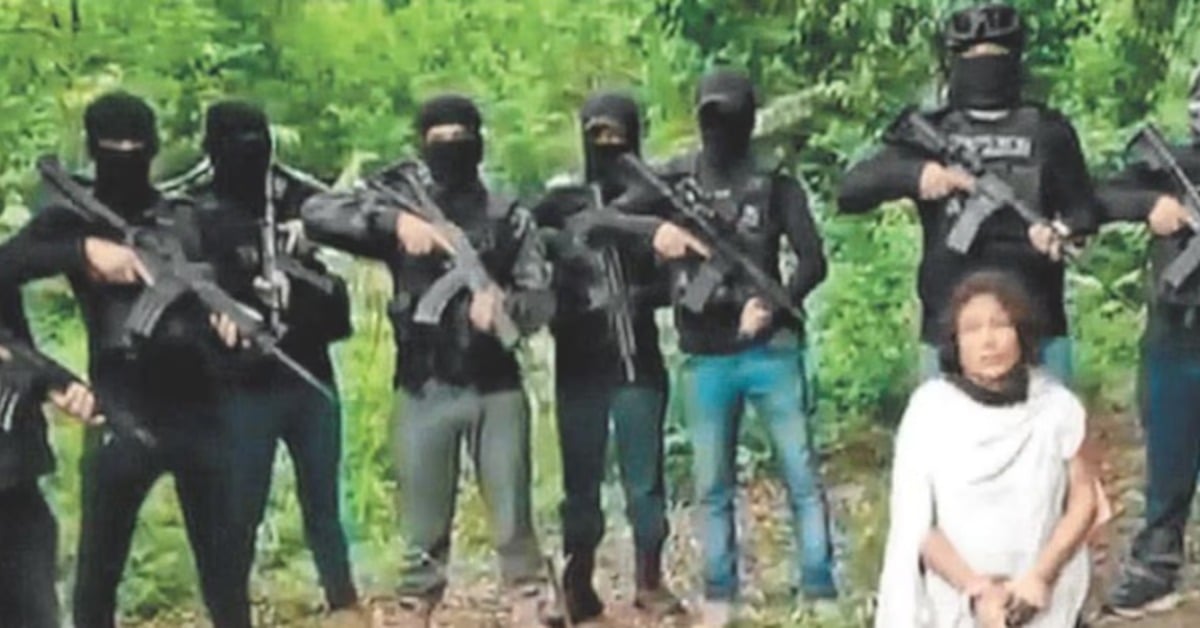Irma Hernández’s tragic death in Veracruz has sparked national outrage, raising questions about cartel violence, government accountability, and the handling of her case by local authorities . . .


Irma Hernández’s tragic death in Veracruz has sparked national outrage, raising questions about cartel violence, government accountability, and the handling of her case by local authorities . . .
